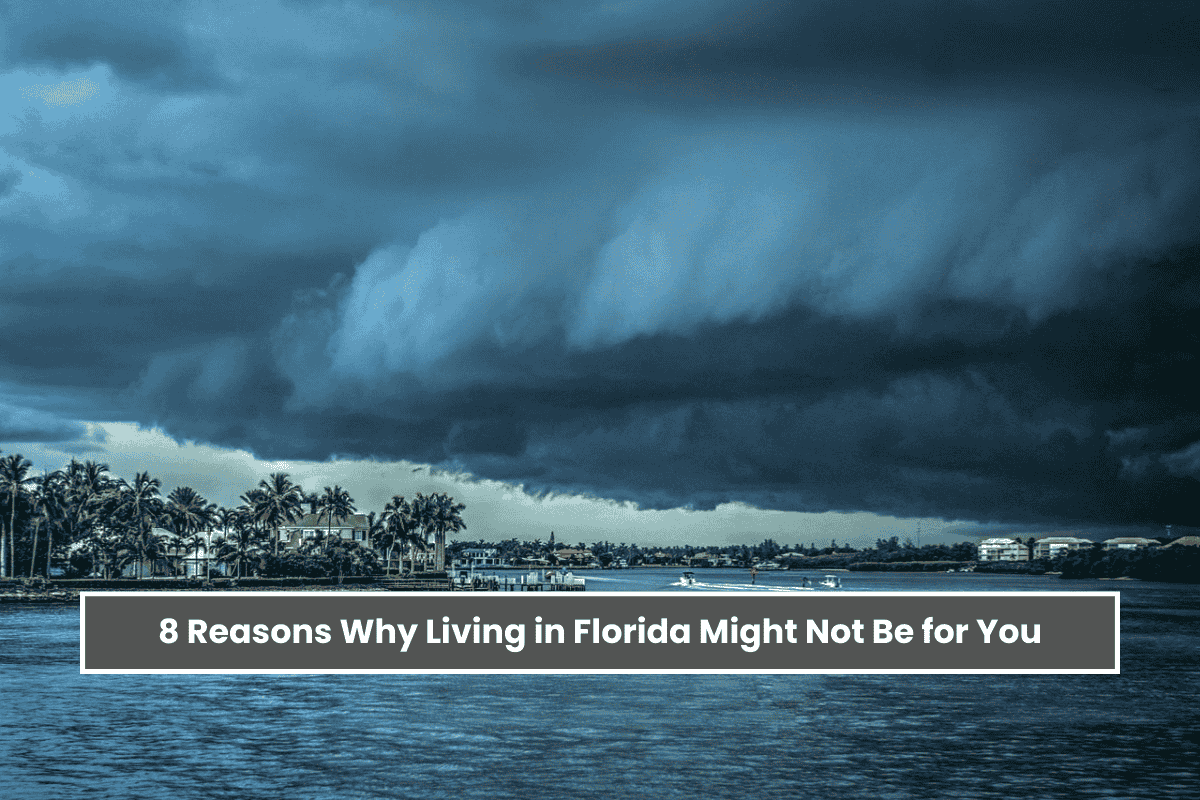Sleeping in your car is a common practice for travelers, night shift workers, or individuals facing temporary housing challenges. In Connecticut, the legality of car sleeping depends on several factors, including location, local ordinances, and circumstances. While there is no outright state law prohibiting sleeping in your vehicle, there are important considerations to ensure compliance and safety.
1. State and Local Regulations
Connecticut does not have a statewide law banning sleeping in cars. However, local ordinances may restrict overnight parking or sleeping in vehicles in certain areas. For example:
- Rest Areas: Connecticut’s highway rest stops are generally safe and legal places to nap or sleep for a short period. State troopers may conduct welfare checks if you stay too long or appear distressed, but these areas are designed for travelers needing rest.
- Private Property: Sleeping in your car on private property without permission can lead to trespassing charges. Always seek permission from property owners before parking overnight.
- Public Streets and Parking Lots: Municipalities often have rules against overnight parking or sleeping in cars on public streets or parking lots. Violating these rules could result in fines or being asked to move by law enforcement.
2. DUI Risks
A unique concern in Connecticut is the risk of being charged with a DUI even while sleeping in your car if you are intoxicated. Under state law, you can be considered in “actual physical control” of the vehicle if you are inside it with access to the keys, regardless of whether the engine is running. To avoid this risk:
- Place your keys somewhere inaccessible (e.g., outside the vehicle).
- Avoid sitting in the driver’s seat while sleeping.
3. Safe Places to Sleep
If you need to sleep in your car overnight, consider these locations:
- Highway Rest Areas: These are specifically designated for travelers to take breaks and rest safely.
- Walmart Parking Lots: Some Walmart locations allow overnight parking; however, policies vary by store, so it’s best to call ahead and confirm.
- Truck Stops: Truck stops like those in Willington provide safe spaces for resting vehicles.
- Commuter Lots: Well-lit commuter lots near major highways are often used by travelers for short naps.
4. Homelessness Considerations
For those experiencing vehicular homelessness, Connecticut is taking steps to address the issue through legislative measures like House Bill 7033. This bill aims to ensure unhoused individuals are not penalized for conducting life-sustaining activities like sleeping in public spaces when no adequate shelter options exist. However, this does not extend to creating encampments or sleeping on school property.
5. Practical Tips for Car Sleeping
To stay safe and avoid legal issues while sleeping in your car:
- Park in well-lit areas.
- Lock your doors and avoid leaving the engine running.
- Use curtains or covers for privacy.
- Inform someone about your location for added security.
- Research local laws and regulations before stopping.
Sleeping in your car is generally legal in Connecticut under certain conditions, but local ordinances and property restrictions must be respected. Travelers can rely on rest areas, truck stops, and some commercial parking lots as safe options. However, individuals should remain aware of DUI risks and avoid private property without permission.
By understanding these legal nuances and planning ahead, you can ensure a hassle-free experience while resting during your travels or addressing temporary housing needs.
SOURCES:-
[1] https://i95rock.com/is-it-legal-to-sleep-in-your-car-in-connecticut/
[2] https://www.freeway.com/knowledge-center/auto/have-you-ever-wondered-if-its-legal-to-sleep-in-your-car/
[3] https://i95rock.com/is-it-illegal-to-sleep-in-your-car-in-connecticut-what-you-need-to-know/
[4] https://www.reddit.com/r/Connecticut/comments/1bjk4yu/can_i_sleep_in_my_car_in_ct/
[5] https://www.ctpublic.org/news/2025-03-10/ct-takes-step-toward-establishing-right-for-unhoused-to-sleep-outside















